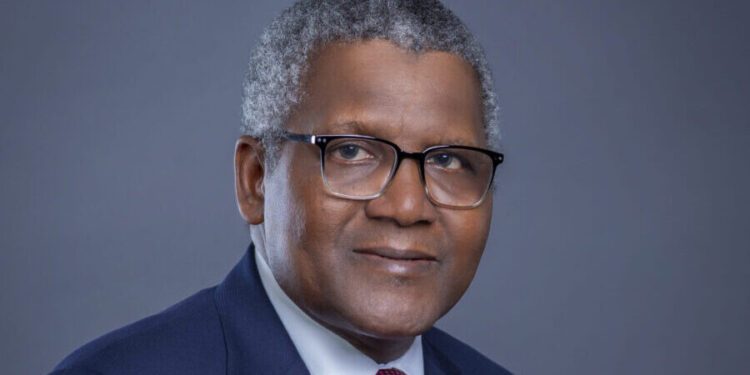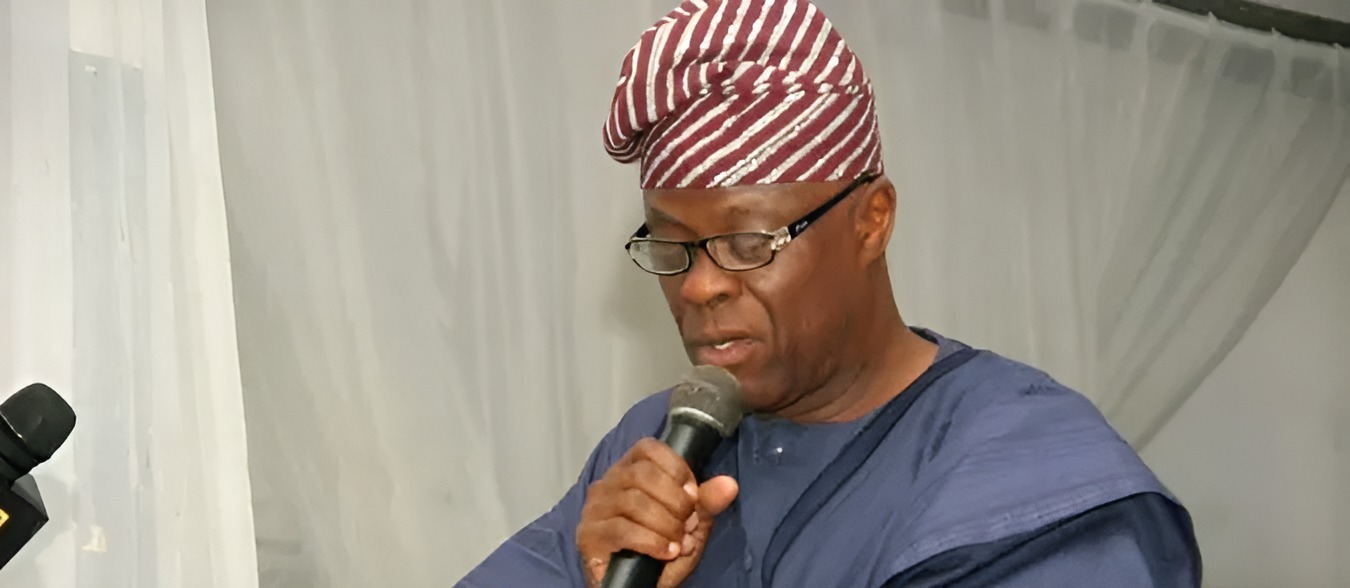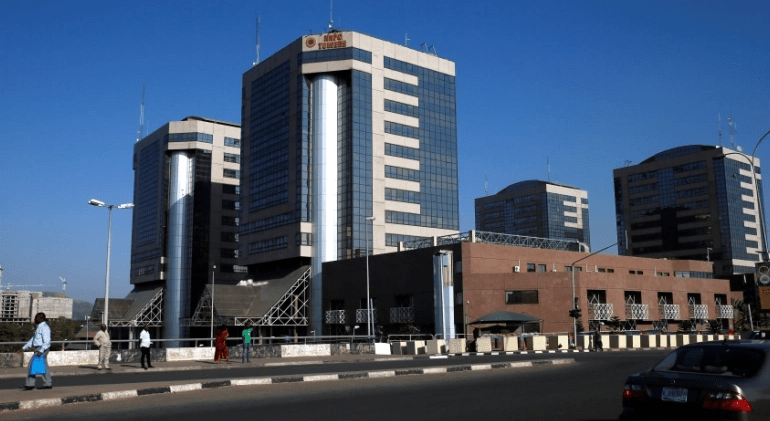Charles Akhenamen writes that India’s experience reveals how quickly public sentiment can shift when gambling’s social costs become undeniable. What began as entertainment evolved into exploitation, with platforms employing sophisticated psychological techniques to encourage compulsive play. The promise of quick riches proved illusory for most participants, while operators reaped enormous profits from their users’ losses
When India’s Parliament passed the Promotion and Regulation of Online Gaming Bill on August 21, 2025, it sent shockwaves through the global gaming industry. The legislation, which effectively bans all forms of online money games, including fantasy sports and cricket betting, represents one of the most comprehensive gambling prohibitions in recent memory. For Nigeria, where the gaming industry is projected to generate $3.63 billion in 2025, India’s decisive action should serve as both a cautionary tale and a clarion call for immediate reform.
The parallels between pre-ban India and present-day Nigeria are striking and deeply concerning. Both nations have witnessed explosive growth in online gaming, particularly sports betting, driven by widespread smartphone adoption and aggressive marketing campaigns. Both have grappled with inadequate regulatory frameworks, struggling to keep pace with technological innovation. Most alarmingly, both have seen the emergence of serious social problems that threaten to undermine the industry’s long-term viability.
The Indian Experience: When entertainment becomes exploitation
India’s ban was not born from moral panic but from harsh reality. According to Union Minister Ashwini Vaishnaw, an estimated 450 million people were negatively affected by online money games, suffering collective losses exceeding approximately $2.4 billion. The human cost was even more devastating, with documented cases of addiction-driven suicides, families pushed into insurmountable debt, and young people abandoning education and employment in pursuit of gambling-fueled dreams of easy wealth.
The Indian government’s decision to restrict even cricket betting, despite the sport’s status as a national obsession, underscores the severity of the crisis. Fantasy cricket platforms, which had become cultural phenomena with millions of users, were swept away in the regulatory tsunami. The immediate aftermath saw major sponsors like Dream11 terminate their $43.6 million partnership with the Board of Control for Cricket in India, demonstrating the far-reaching economic consequences of regulatory overreach.
India’s experience reveals how quickly public sentiment can shift when gambling’s social costs become undeniable. What began as entertainment evolved into exploitation, with platforms employing sophisticated psychological techniques to encourage compulsive play. The promise of quick riches proved illusory for most participants, while operators reaped enormous profits from their users’ losses.
Nigeria’s parallel path shows familiar warning signs
Nigeria’s gaming landscape exhibits troubling similarities to pre-ban India. The country’s online gambling market, growing at 16% annually, has become a cultural phenomenon that extends far beyond mere entertainment. Sports betting shops dot urban landscapes, while mobile apps have made wagering accessible to anyone with a smartphone and internet connection.
The normalization of gambling culture is perhaps most evident in celebrity endorsements and social media influence. High-profile personalities regularly promote betting platforms to their millions of followers, often portraying gambling as a lifestyle choice rather than a high-risk activity. This glamorization has contributed to widespread participation among young Nigerians, many of whom view betting as a legitimate income-generation strategy rather than entertainment with inherent risks.
Research indicates that approximately 60 million Nigerians aged 18-40 engage in sports betting, with many exhibiting signs of problematic gambling behavior. Studies have found that 14.3% of participants meet criteria for problem gambling, while 47.2% report that their betting decisions are influenced by advertisements. These statistics mirror the concerning trends that ultimately prompted India’s regulatory intervention.
The rise of underage gambling represents another critical parallel. Despite legal age restrictions, enforcement remains inconsistent across Nigeria’s fragmented regulatory landscape. Young people, drawn by the promise of easy money and influenced by peer pressure and social media marketing, are increasingly engaging in betting activities that can establish harmful patterns early in life.
The regulatory fragmentation challenge
Nigeria’s current regulatory structure, although constitutionally sound following the Supreme Court’s 2024 ruling that affirmed state jurisdiction over gaming, presents unique challenges for consumer protection. The dissolution of the National Lottery Regulatory Commission (NLRC) and the emergence of state-level authorities, such as the Lagos State Lotteries and Gaming Authority, have created a patchwork of regulations that vary significantly across jurisdictions.
The Federation of State Gaming Regulators of Nigeria (FSGRN), representing 22 states, has made commendable efforts to establish unified standards through its Subnational Reciprocity Licensing Framework. However, the absence of consistent consumer protection measures across all states creates regulatory arbitrage opportunities that operators can exploit. This fragmentation also complicates efforts to implement comprehensive responsible gaming initiatives and monitor cross-border gambling activities.
The ongoing resistance to federal intervention, as evidenced by state regulators’ opposition to the Central Gaming Bill 2025, reflects legitimate constitutional concerns but also highlights the challenges of coordinating effective consumer protection in a decentralized system. While state autonomy is important, the cross-border nature of online gambling and the potential for regulatory shopping demand coordinated responses.
Proactive Consumer Protection: Learning from India’s mistakes
Nigeria has a critical opportunity to implement robust consumer protection measures before social problems reach the crisis levels that prompted India’s ban. The following reforms should be prioritized across all gaming jurisdictions:
Financial Safeguards: Implementing daily, weekly, and monthly spending limits for individual players can prevent the catastrophic losses that have plagued other markets. These limits should be mandatory, not optional, with override mechanisms requiring cooling-off periods and additional verification steps. Payment processors should be required to flag unusual gambling-related transactions and provide intervention resources.
Enhanced Age Verification: Current age verification systems rely heavily on self-declaration and basic document checks that can be easily circumvented. Nigeria should mandate biometric verification systems and regular re-authentication to prevent underage access. Educational institutions should be empowered to report suspected underage gambling activities without fear of legal repercussions.
Mandatory Responsible Gaming Tools: All licensed operators should be required to provide comprehensive responsible gaming features, including reality checks, session time limits, self-exclusion options, and direct links to problem gambling support services. These tools should be prominently displayed and regularly promoted to users, not buried in terms and conditions.
Independent Auditing and Transparency: Regular audits by independent third parties should examine not only financial practices but also algorithmic fairness, marketing practices, and responsible gaming implementation. Operators should be required to publish annual responsible gaming reports detailing their efforts to prevent problem gambling and support affected individuals.
Strengthened KYC and AML Protocols: Enhanced Know Your Customer procedures can help prevent fraud, money laundering, and terrorist financing while also enabling better monitoring of gambling patterns. These systems should flag suspicious activities and provide early intervention opportunities for players showing signs of problem gambling.
From compliance to leadership in industry responsibility
The Nigerian gaming industry must recognize that its long-term success depends on maintaining public trust and social license to operate. This requires moving beyond mere regulatory compliance to embrace genuine leadership in responsible gaming practices.
Operators should voluntarily adopt industry-leading standards that exceed minimum regulatory requirements. This includes transparent advertising that clearly communicates risks, prominent display of responsible gaming messages, and proactive identification of potentially problematic gambling patterns. Marketing practices should focus on entertainment value rather than financial gain, avoiding messaging that portrays gambling as an investment strategy or solution to financial problems.
The industry should also invest significantly in research and education initiatives that promote understanding of gambling risks and responsible participation. Partnerships with academic institutions, healthcare providers, and social service organizations can help develop evidence-based interventions and support systems for problem gamblers.
Existing initiatives like Lagos State’s SafePlay programme and organizations such as GambleAlert, GamblePause, Gamble Safe, and GambleAware represent positive steps that should be expanded and replicated across all gaming jurisdictions. These programs require adequate funding and industry support to achieve meaningful impact.
The economic stakes of balancing growth with sustainability
Nigeria’s gaming industry represents a significant economic opportunity that should not be squandered through regulatory overreach or industry complacency. The sector provides employment for thousands of Nigerians, generates substantial tax revenue for state governments, and contributes to the country’s growing digital economy.
However, the Indian experience demonstrates that short-term profits built on unsustainable practices can lead to long-term industry destruction. The immediate economic impact of India’s ban, including the loss of major sponsorship deals and the closure of numerous businesses, illustrates the catastrophic consequences of failing to address social concerns proactively.
Nigeria can avoid this fate by fostering a gaming industry that prioritizes player welfare alongside profitability. This approach may reduce short-term revenues but ensures long-term sustainability and social acceptance. Countries like the United Kingdom and Australia have demonstrated that robust regulation and industry responsibility can coexist with thriving gaming markets.
A call for immediate action
Nigeria stands at a crossroads. The country can either learn from India’s experience and implement proactive reforms that protect consumers while preserving industry growth, or it can continue on its current trajectory and risk facing similar regulatory backlash.
The time for half-measures and voluntary initiatives has passed. State regulators, industry operators, and federal policymakers must collaborate immediately to establish comprehensive consumer protection frameworks that address the root causes of problem gambling. This includes mandatory spending limits, enhanced age verification, robust responsible gaming tools, and coordinated enforcement mechanisms.
The gaming industry must also embrace its responsibility to operate ethically and sustainably. This means prioritizing player welfare over short-term profits, investing in responsible gaming research and education, and actively supporting individuals affected by problem gambling.
The alternative is stark: continue down the current path and risk seeing Nigeria’s gaming industry face the same fate as India’s, where regulatory overreach destroyed billions in economic value and eliminated thousands of jobs overnight. The choice is clear, and the time to act is now.
Nigeria’s gaming industry has the opportunity to become a global model for responsible gaming practices. By implementing robust consumer protections, embracing industry responsibility, and maintaining focus on sustainable growth, the country can avoid India’s regulatory cliff and build a gaming sector that serves both economic and social interests.
The house of cards need not collapse if we choose to build on solid foundations instead. The question is whether Nigeria’s gaming stakeholders have the wisdom and courage to make that choice before it’s too late.
The post India’s Gaming Crackdown Signals Wake-Up Call for Nigeria’s Booming Betting Industry appeared first on THISDAYLIVE.




